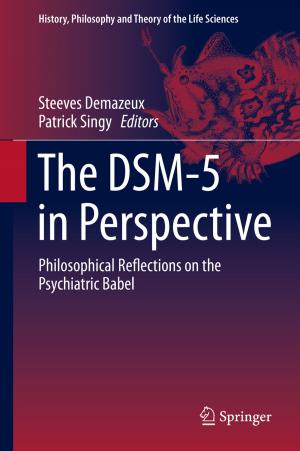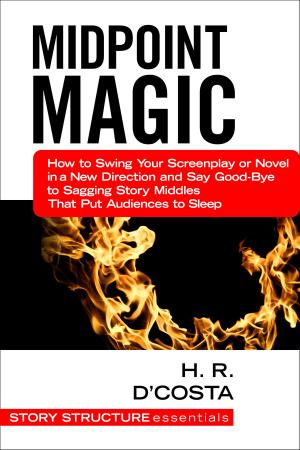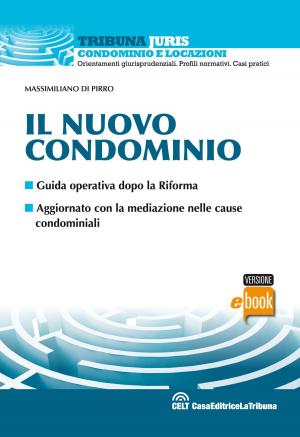Grammar Nazis are not Always Rite, Right, Write
Nonfiction, Reference & Language, Language Arts, Grammar, Writing & Publishing, Writing Skills, Reference| Author: | Robert K Swisher Jr | ISBN: | 9781386120377 |
| Publisher: | Robert K Swisher Jr | Publication: | April 15, 2017 |
| Imprint: | Language: | English |
| Author: | Robert K Swisher Jr |
| ISBN: | 9781386120377 |
| Publisher: | Robert K Swisher Jr |
| Publication: | April 15, 2017 |
| Imprint: | |
| Language: | English |
This book is based on a creative writing course I taught at a small university in the 1980’s. Because the course repudiated the majority of things the other English and Creative Writing Professors held as gospel truth they were constantly peeved off at me as to what they considered my disregard for the rules of English, grammar, and the art of writing fiction. This is not always true, but it is my belief that when it comes to writing fiction many of the grammar and punctuation rules can and should be ignored. Also, written in stone statements like, write what you know, never end a sentence in a preposition, are more times than not pure hogwash. The Professors were also grudgingly jealous of me because none of them had placed a novel at the time and eight of my novels had been published. To further anger many English and Creative Writing Professors I think tenure is a joke, which has nothing to do with this book, but it does have a lot to do with the overpriced university system (I am talking about the United States.)
To my great satisfaction and enjoyment my students thoroughly enjoyed the course and its philosophies even though my writing requirements were rather tough, three 2,500 word stories for the first three weeks, followed by two rewrites a week. The final was a finished 1500 hundred word story. The lowest grade I gave was a C+. My grading system was based on effort. If people showed no effort or desire to participate I dropped them from class so they did not get an incomplete or I had to fail them. I tried my best to encourage each student to follow their own muse with their writing and not fall into the world of what every one else decides or professes to be correct - even writers succumb to the desire to be part of the crowd - which, in my opinion, stifles the unique creativity within each of us. I will say with pride many of my students are now published by reputable presses. The rest have done what most people do who give up on a writing career – they either became alcoholics, some form of illegal substance addict, or teachers, a small percentage became alcohol and drug addicted teachers.
This is not a how to book. If you are searching for the secret on how to write a bestseller there are several million how to books on the market you can squander your money on but the truth of the matter is FICTION WRITING CANNOT BE TAUGHT, there is no one way – there is no completely right way – there are many, many, many, ways to write a story – you simply have to be brave enough to be YOU and not out of the fear of rejection succumb to the herd mentality. If you do not believe this from a not very famous writer such as I this was also said by Earnest Hemingway, who, if I remember correctly, wrote a few good books, many of which were slammed by stylist and people who seemed to know what a correct novel is – “sentences are too short, writes like a journalist, etc...etc...”
Although there is one fact that is always true on how to write a novel, maybe not a bestseller but at least to finish a novel – the fact is simply DO IT. There are no excuses although people who profess to be writers can come up with hundreds of excuses why they cannot finish their novel. It does not necessarily take an education or deep inspiration to write a book – it takes diligence and work. This is also true for short stories and poetry.
This book is based on a creative writing course I taught at a small university in the 1980’s. Because the course repudiated the majority of things the other English and Creative Writing Professors held as gospel truth they were constantly peeved off at me as to what they considered my disregard for the rules of English, grammar, and the art of writing fiction. This is not always true, but it is my belief that when it comes to writing fiction many of the grammar and punctuation rules can and should be ignored. Also, written in stone statements like, write what you know, never end a sentence in a preposition, are more times than not pure hogwash. The Professors were also grudgingly jealous of me because none of them had placed a novel at the time and eight of my novels had been published. To further anger many English and Creative Writing Professors I think tenure is a joke, which has nothing to do with this book, but it does have a lot to do with the overpriced university system (I am talking about the United States.)
To my great satisfaction and enjoyment my students thoroughly enjoyed the course and its philosophies even though my writing requirements were rather tough, three 2,500 word stories for the first three weeks, followed by two rewrites a week. The final was a finished 1500 hundred word story. The lowest grade I gave was a C+. My grading system was based on effort. If people showed no effort or desire to participate I dropped them from class so they did not get an incomplete or I had to fail them. I tried my best to encourage each student to follow their own muse with their writing and not fall into the world of what every one else decides or professes to be correct - even writers succumb to the desire to be part of the crowd - which, in my opinion, stifles the unique creativity within each of us. I will say with pride many of my students are now published by reputable presses. The rest have done what most people do who give up on a writing career – they either became alcoholics, some form of illegal substance addict, or teachers, a small percentage became alcohol and drug addicted teachers.
This is not a how to book. If you are searching for the secret on how to write a bestseller there are several million how to books on the market you can squander your money on but the truth of the matter is FICTION WRITING CANNOT BE TAUGHT, there is no one way – there is no completely right way – there are many, many, many, ways to write a story – you simply have to be brave enough to be YOU and not out of the fear of rejection succumb to the herd mentality. If you do not believe this from a not very famous writer such as I this was also said by Earnest Hemingway, who, if I remember correctly, wrote a few good books, many of which were slammed by stylist and people who seemed to know what a correct novel is – “sentences are too short, writes like a journalist, etc...etc...”
Although there is one fact that is always true on how to write a novel, maybe not a bestseller but at least to finish a novel – the fact is simply DO IT. There are no excuses although people who profess to be writers can come up with hundreds of excuses why they cannot finish their novel. It does not necessarily take an education or deep inspiration to write a book – it takes diligence and work. This is also true for short stories and poetry.















